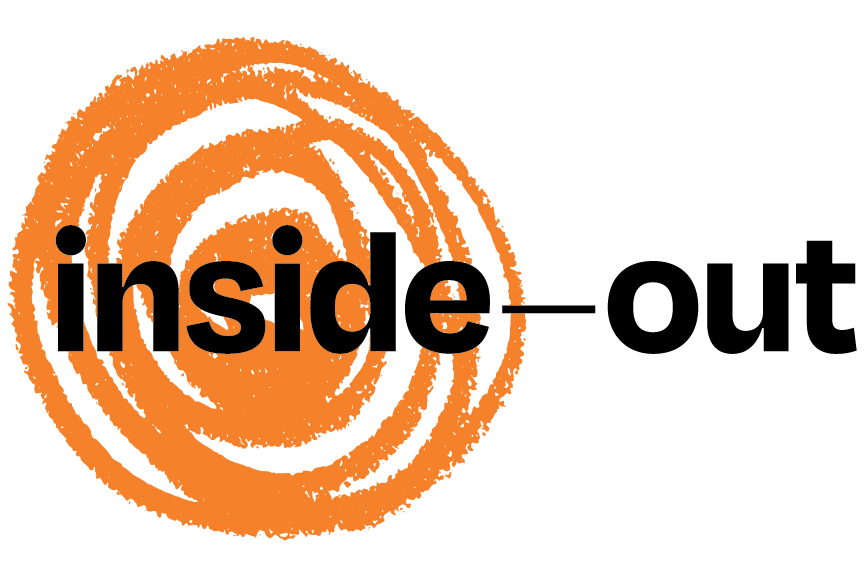The Enneagram's true purpose
I've taken the Myers Briggs, the DISC, the Kolbe, a proprietary test that my executive coach administered, and probably a couple other assessments along the way that I'm forgetting. Usually they come up in the context of business, with utility like constructing a complementary team, or understanding your coworkers, but in all of them I always end up in the same spot: "Interesting. Now I guess I'll go back to living my life."
The Enneagram has been much more useful.
The original thoughts behind the Enneagram are either from ancient Egypt, or 4th century Alexandria, predating all the other assessments by quite a bit. Nothing lasts that long without having something of import to it (if the DISC is around in the year 4,500, we can revisit this).
Nevertheless, when I originally heard about it I lumped it into the same category as the other assessments, another way to categorize people that is neither more or less accurate than any other. And in a sense, honestly, it is exactly that. But where it differs, and becomes much more than a simple bucketing exercise, is in how it's intended to be used.
From the Enneagam Institute:
One of the most profound ways of understanding the Levels is as a measure of our capacity to be present. The more we move down the Levels, the more identified we are with our ego and its increasingly negative and restrictive patterns. Our personality becomes more defensive, reactive, and automatic.
The movement up the levels is simultaneous with being more present and awake in our minds, hearts and bodies. As we become more present we see our personality objectively in action rather than "falling asleep" to our automatic personality patterns. There is therefore the possibility of "not doing" our personality.
I've found that the best leaders, and myself when I'm at my best, are those people who are fully invested in the person they're leading. The more present the person, the better the leader. For that, but not only that, reason, I've spent considerable time and effort rewiring my brain to focus on being ever more conscious in and to the moment.
Beyond leadership, this is also my understanding of the Path that is in some way referred to by nearly all the wisdom traditions (Buddhism, Hinduism, Advaita Vedanta, Christian Mysticism, Kabbalah, Taoism etc), as well as plenty of secular thinkers (Sam Harris, Brene Brown, etc). Even Lululemon bags note that "living in the moment may be the meaning of life," although that probably only proves I'm subject to marketing.
Either way, as a longtime "intellectually superior atheist" this wasn't the path I'd expected to go down. If the me of today were to meet the me of any age between 17-33, I'm sure I would have laughed at myself. Or
But then again, viewing that conversation through the handy lens of the Enneagram, that would have been a level-6 laughing up at a level-2, from deep in the clutches of his automatic and defensive personality patterns.
I'm good with that. The 17-33 year old me wasn't near as effective a leader.
